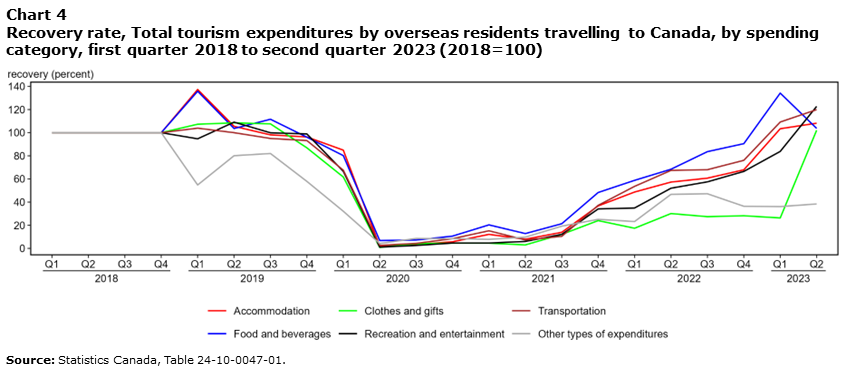Travelers Rethinking Trips to the U.S. Amid Growing Concerns
As travel warnings from various countries towards the United States continue to expand, a noticeable shift in travel patterns is emerging. Many international travelers are now choosing to forgo visits to the U.S., citing safety concerns and political tensions as key reasons behind their decisions.
Canadian Travelers Particularly Affected
A significant impact has been felt in Canada, which is a primary source of tourism for the U.S., with over 20 million Canadians visiting annually. Following the announcement of proposed tariffs and ongoing political rhetoric, former Prime Minister Justin Trudeau has urged Canadians to reconsider their travel plans, suggesting they “choose Canada” instead. This call to action has resonated, leading many Canadians to abandon their trips south of the border.
Statistics Canada reported a staggering 20% decrease in border crossings in February, further amplified by estimates from the U.S. Travel Association indicating potential financial implications of approximately $2.1 billion in lost revenue, alongside the threat of 14,000 job losses across various sectors.
Safety Concerns Influence Travel Decisions
The growing sense of unease surrounding travel to the U.S. has prompted some Canadians to change their vacation destinations. Canadian travel journalist Kate Dingwall expressed her concern about feeling unsafe at the border, leading her and her partner to abandon their U.S. vacation plans.
Keith Serry, a Montreal-based writer and comedian, also canceled his April shows in New York City due to safety reservations. He articulated his feelings of unease about safely crossing the border, adding, “I feel a powerful disinclination to spending my money in any way that might aid the economy of a hostile state.”
Increasingly Strict Border Security
Reports have emerged about heightened border security, where travelers with clean records are facing increased scrutiny. A recent case involved a Canadian woman detained for two weeks under ICE conditions, highlighting the gravity of the current political climate. Amar Charles Marouf, a Canadian growth strategist, expressed the difficulty of justifying travel to the U.S. when its values seem misaligned with those of Canada.
Alternative Destinations Gaining Popularity
Instead of heading to the U.S., many Canadians are opting for alternative destinations. Marouf mentioned that countries like Mexico, South America, and various European nations now feel more inviting, with Dingwall noting a preference for places like Portugal with less perceived risk.
Impact on U.S. Tourism and Economy
This shift in travel habits coincides with a period when the U.S. tourism sector was experiencing unprecedented growth, previously celebrated as a top global market. However, recently adjusted predictions indicate a potential decline in inbound travel, shifting from an expected 8.8% growth to a 5.1% decrease, attributed to various factors including tightened travel sentiments and economic shifts.
| Fact | Impact |
|---|---|
| 20% decline in Canadian border crossings | Estimated loss of $2.1 billion in tourism revenue |
| Increased scrutiny at U.S. borders | Heightened travel anxiety among international visitors |
| Predicted 5.1% decline in inbound travel | Negative effects on U.S. economy, particularly small businesses |
Advocacy groups warn that a decrease in tourism places a burden not only on the economy but also on small businesses and workers. As the travel narrative evolves, the broader implications of these travel boycotts could reshape the U.S.’s perception internationally.
Cultural Ramifications
The decline in visitor numbers signals a potential loss of the U.S.’s cultural influence globally. Experts argue that if the trend continues, it may compel tourism boards to create counter-narratives to re-establish trust amongst international travelers. However, this challenge is daunting, given that government policies often set the tone for perceptions abroad.
In conclusion, while geopolitical concerns may lead to more significant travel decisions, it remains crucial to consider the individual stories behind these statistics. The deepening relationship between policy and personal experiences raises essential questions about the future of travel to the United States.


